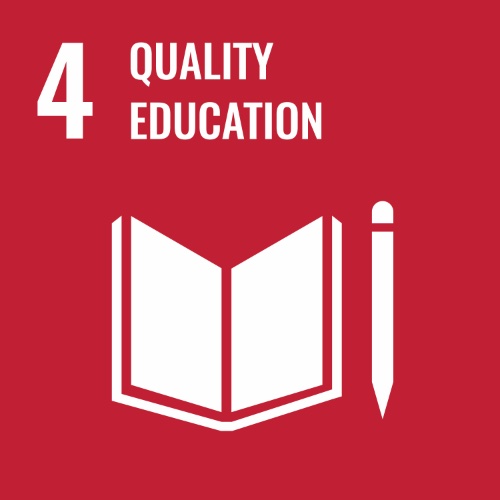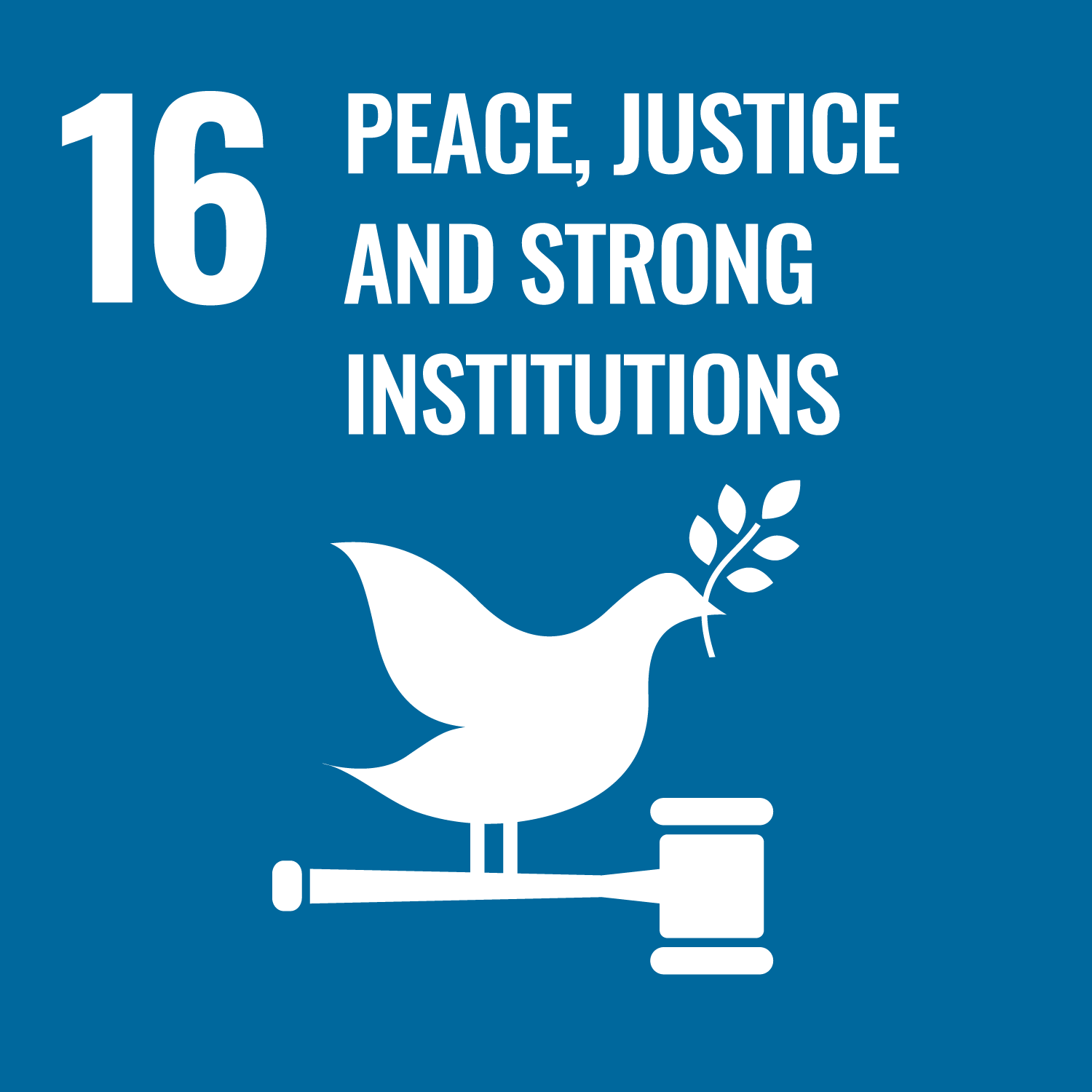This 96-page report examines the issue of bullying, violence and discrimination on the basis of sexual orientation and gender identity in schools in the Asia Pacific. The report highlights the associated negative health, educational, employment and economic impacts on students. The report outlines the historical, legal, religious, cultural and youth aspects of the issue. The current research is analysed by region with research from East Asia, South Asia, Southeast Asia and the Pacific discussed separately. The report then assesses the responses to this issue in national laws, school policies, curricula and learning materials, teacher training and student support programmes involving schools and families across the region.
The report argues that while current research reveals that SOGIE-based bullying, violence and discrimination in educations settings in the Asia Pacific is a prevalent issue with serious long-lasting impacts on both students and the broader community that further research is required to better understand the scope and nature of the issue. It is argued that nations should first aim to adjust existing data collection systems or create online surveys to better understand the nature of the issue in the local context.
Following an appraisal of the current context the report offers six recommendations for the education sector, including federal policy-makers, to follow: (1) analyse the situation, (2) develop a policy framework that supports inclusion, (3) mainstream diversity and inclusion in curricula and learning materials, (4) support teachers to deliver inclusive education and effective responses to bullying, violence and discrimination, (5) promote safe and inclusive school cultures and environments and (6) build a stronger evidence base on what works.








